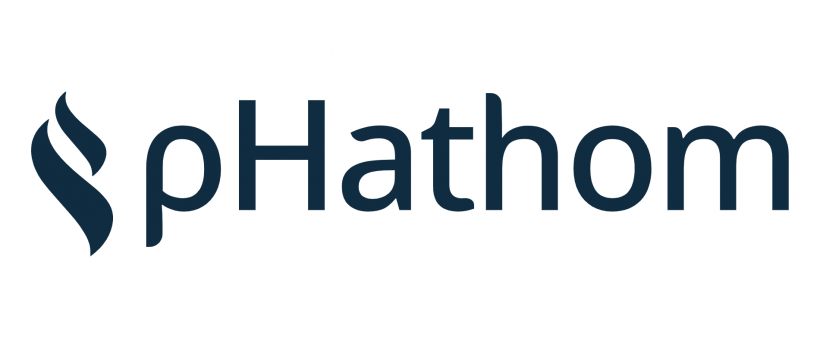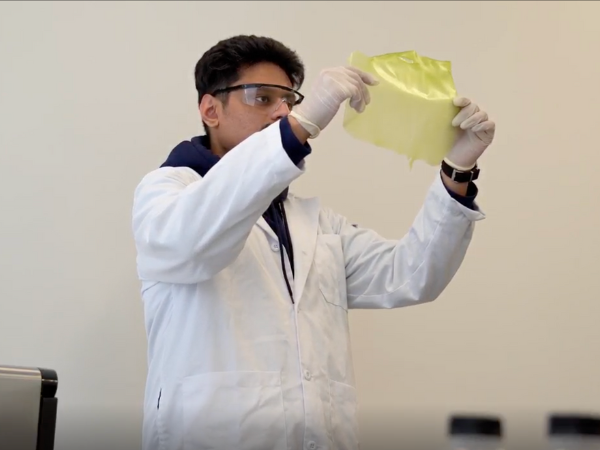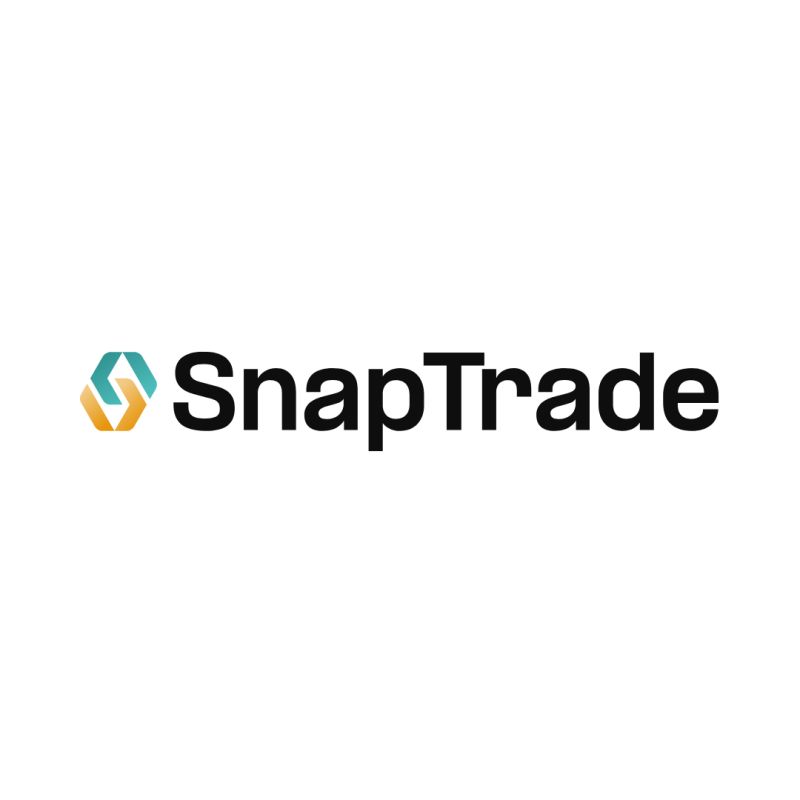When the Big Data Congress session on health wrapped up at 9:05 Monday night, there were still about 150 to 200 delegates in their seats listening to how data analysis could improve healthcare.
It’s the type of conference this is. The first day of the two-day event delved into what can be done to create a digital society, and what is being done in the region already to ensure data analysis is used to benefit society. About 600 people are attending, and they’re engaged in the sessions.
Now in its fourth year, the Big Data Congress has gained a reputation of bringing some of the world’s leading thinkers in technology into the region. What’s interesting this year is they are blending in with Atlantic Canadian business people who are not promising to develop data-based businesses but are actually doing it.
“This is a world-class conference and everyone here should be proud of you for bringing us together,” Jamie Heywood told T4G President Geoff Flood, the founder of the congress at Monday night's session.
Heywood himself exemplifies the type of speaker we’re talking about. He is the chairman and founder of PatientsLikeMe.com, which is an online forum on which patients can interact with and learn from people afflicted with the same disease as them. About 400,000 people use the site, which has become a source of data on the experiences and attitudes among patients. It has become a leading source of information for the pharmaceutical industry.
Capping off the healthcare session, he called for the medical industry to make sure it’s focusing on the right data to make sure that patients actually benefit from advances in medicine.
He appeared in a panel with Tyler Wish, CEO and Co-Founder of St. John’s-based Sequence Bio, and Erik Scheme, New Brunswick Innovation Research Chair in Medical Devices at University of New Brunswick. Wish explained how his company is gathering genetic data from 100,000 Newfoundlanders to improve drug discovery, while Scheme reviewed how data can be used and the opportunity for entrepreneurs.
“If you’re a pure capitalist and want to make money, there’s an opportunity here,” Scheme said. “If you are more along the millennial line and you want to make a difference, there’s still an opportunity. There’s enough room for everyone to play.”
Wish was one of several Atlantic Canadian entrepreneurs to explain their data-based companies in Day 1. Andrea Feunekes, CEO and Co-Founder of Fredericton-based Remsoft, told how her company has worked with J.D. Irving to improve the larger company’s forestry operations. And representatives of McCain’s foods explained how their company was working with companies like Resson of Fredericton and Fiddlehead Technology of Moncton to increase efficiencies to various sections of its supply chain.
What’s interesting about these presentations is they are describing technologies now being used in Atlantic Canada to improve living standards. In past years, the startups that appeared at the BDC spoke more about what they were planning to do. This year’s presentations show how far the startup community has come.
In the next few days, we will write more about the discussions at the BDC, highlighting how data analysis is changing industry and society at large.
“The term big data -- I don’t like it,” said Sandy Pentland, Director of MIT’s Human Dynamics and Media Lab, one of the speakers. “It’s not that it’s big or that it’s fast. The part that’s important is that it’s about people. … By understanding these things, we begin to understand society and social interaction in ways we never could before.”










